
Bournemouth University offers students undertaking doctoral studies several options for how they might present their work for examination. One increasingly popular, but sometimes misunderstood, option is the Integrated Thesis. This thesis format allows students to incorporate papers into their thesis. These can be published papers, papers accepted for publication, papers submitted, prepared but not submitted papers and other unpublished papers or reports.
Whilst the Integrated Thesis might look a little different, in all other ways the doctorate mirrors the processes and requirements of other doctorates. Decisions about submitting an Integrated Thesis are usually made during the first half of a student’s doctorate, with the request to submit an Integrated Thesis being made at the point of Major Review.
When contemplating the submission of an Integrated Thesis, the student and the supervisory team need to ensure that this type of thesis will work for the student and the research being presented. Import issues to consider might include:
- It is important to reflect on how the published items will demonstrate a coherent body of knowledge that contributes to the thesis, rather than a collection of disjointed and disconnected papers.
- The papers included in the Integrated Thesis will often be co-authored with supervisors and others, so it is important to demonstrate that the student has contributed most of the work towards the paper.
An Integrated Thesis is much more than simply replacing parts of the thesis with published papers. For a more comprehensive overview of the requirements for submitting an Integrated Thesis refer to section 10.2 of the Code of Practice for Research Degrees.
The Integrated Thesis has several advantages over the traditional format for a doctoral thesis, including:
- Getting research into practice as soon as possible is particularly important in the health and social science disciplines. The Integrated Thesis gives students the opportunity to begin publishing and sharing their work sooner.
- Preparing an Integrated Thesis creates greater opportunities to develop a student’s doctoral work. Papers published and included in the thesis will have been exposed to external and independent peer review. Reviewer feedback could help students develop their thinking around their research and thesis preparation. Publishing can also build networking opportunities.
- Publishing is an important part of the work of all academics so publishing during the doctoral journey will help students to build their CVs and develop their academic profiles. These publications will also have institutional benefits through REF submissions or otherwise contributing to the reputation of the University.
- Publishing early in this way also puts students in a better position to start bidding for research funding soon after completing their studies.
If you are a PGR student and think an Integrated Thesis might work for you, please discuss with your supervisory team. If you would like to know more about studying for a doctorate at BU, contact your Department PGR Lead (Professor Vanora Hundley, Dr Steve Trenoweth, Michael Lyne, Dr Liz Norton or Dr Fotini Tsofliou) or Dr Leslie Gelling (Head of the Doctoral School).
Below are examples of four Integrated Theses:
Social media use by midwives: an untapped potential.
The influence of pregnancy upon acute cardiovascular responses to slow and deep breathing.
This Blog has been prepared jointly by Professor Vanora Hundley and Dr Leslie Gelling.


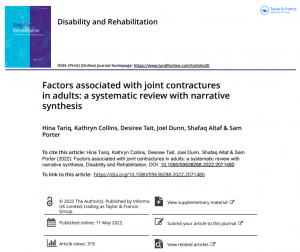
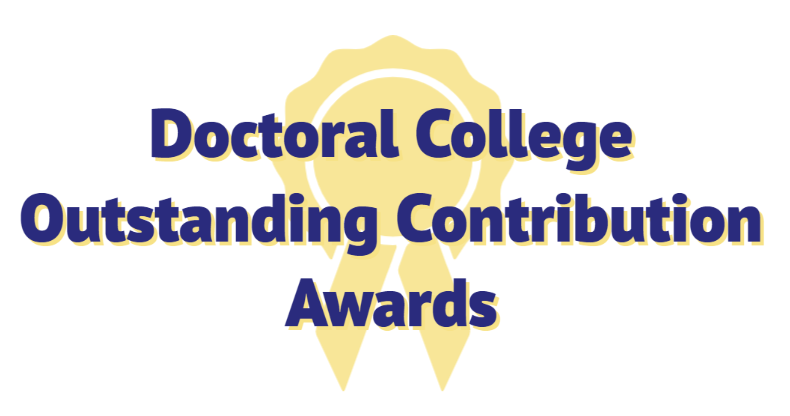
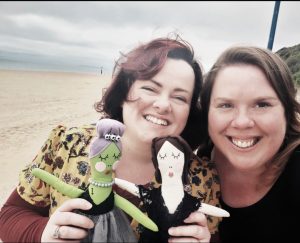

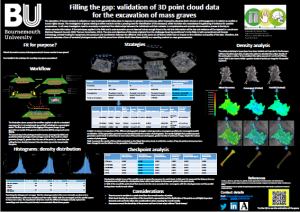
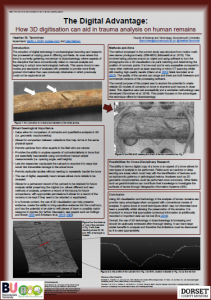
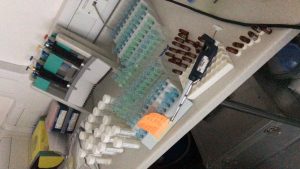

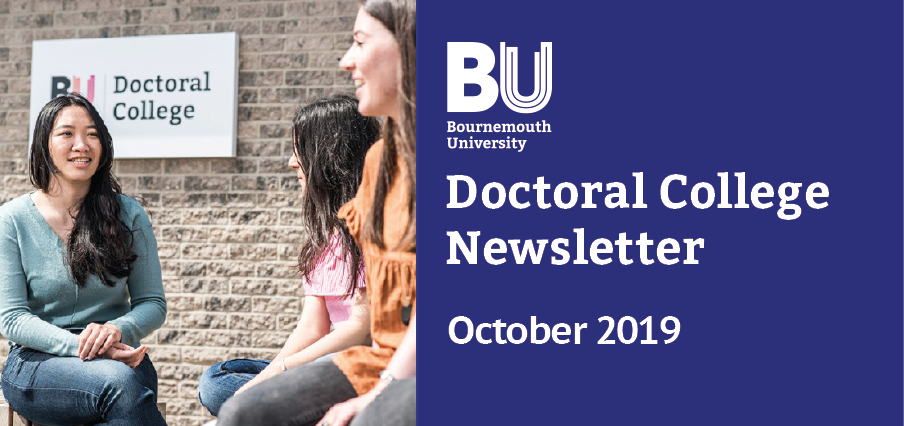
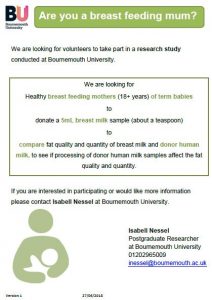
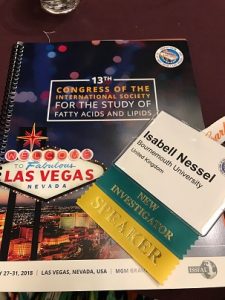
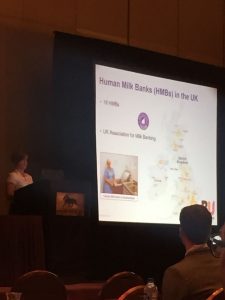 Methodology and Ketoneurotherapeutics. In between, well-known researchers in the field presented their research in plenary talks. Dr Michael Crawford obtained an omega-3 research award and Dr Maria Makrides was awarded with the Alexander Leaf Award. Her presentation entitled “Standing on the shoulders of giants: great women role models, mentors and advocates” was really inspiring.
Methodology and Ketoneurotherapeutics. In between, well-known researchers in the field presented their research in plenary talks. Dr Michael Crawford obtained an omega-3 research award and Dr Maria Makrides was awarded with the Alexander Leaf Award. Her presentation entitled “Standing on the shoulders of giants: great women role models, mentors and advocates” was really inspiring.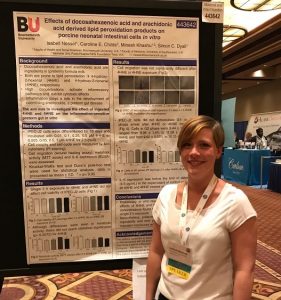 banking practices and recommendations for improvement”, presenting the results of our UK Milk Bank survey, which is now extended internationally. Furthermore, I had two posters displaying our work on preterm formula milk storage conditions and lipid degradation; and the effects of lipid degradation products on intestinal cells in vitro. These presentations gave me the possibility to position myself in the fatty acid research world and to make valuable contacts.
banking practices and recommendations for improvement”, presenting the results of our UK Milk Bank survey, which is now extended internationally. Furthermore, I had two posters displaying our work on preterm formula milk storage conditions and lipid degradation; and the effects of lipid degradation products on intestinal cells in vitro. These presentations gave me the possibility to position myself in the fatty acid research world and to make valuable contacts.
 Connected Nation Pioneers is an exciting partnership between the
Connected Nation Pioneers is an exciting partnership between the 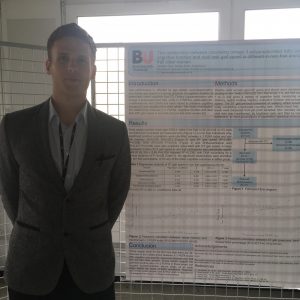 I was given the opportunity to present some preliminary results from an ongoing study I am conducting as part of my PhD, looking into the effects of a multi-nutrient omega-3 fatty acid supplement and exercise on mobility and cognitive function in ladies aged 60+. Analysis of the baseline data revealed relationships between levels of omega-3 fatty acids in the blood with cognitive and gait outcomes, however this effect differed between non-frail and pre-frail participants.
I was given the opportunity to present some preliminary results from an ongoing study I am conducting as part of my PhD, looking into the effects of a multi-nutrient omega-3 fatty acid supplement and exercise on mobility and cognitive function in ladies aged 60+. Analysis of the baseline data revealed relationships between levels of omega-3 fatty acids in the blood with cognitive and gait outcomes, however this effect differed between non-frail and pre-frail participants.










 Beyond Academia: Exploring Career Options for Early Career Researchers – Online Workshop
Beyond Academia: Exploring Career Options for Early Career Researchers – Online Workshop UKCGE Recognised Research Supervision Programme: Deadline Approaching
UKCGE Recognised Research Supervision Programme: Deadline Approaching SPROUT: From Sustainable Research to Sustainable Research Lives
SPROUT: From Sustainable Research to Sustainable Research Lives BRIAN upgrade and new look
BRIAN upgrade and new look Seeing the fruits of your labour in Bangladesh
Seeing the fruits of your labour in Bangladesh ECR Funding Open Call: Research Culture & Community Grant – Apply now
ECR Funding Open Call: Research Culture & Community Grant – Apply now ECR Funding Open Call: Research Culture & Community Grant – Application Deadline Friday 12 December
ECR Funding Open Call: Research Culture & Community Grant – Application Deadline Friday 12 December MSCA Postdoctoral Fellowships 2025 Call
MSCA Postdoctoral Fellowships 2025 Call ERC Advanced Grant 2025 Webinar
ERC Advanced Grant 2025 Webinar Update on UKRO services
Update on UKRO services European research project exploring use of ‘virtual twins’ to better manage metabolic associated fatty liver disease
European research project exploring use of ‘virtual twins’ to better manage metabolic associated fatty liver disease